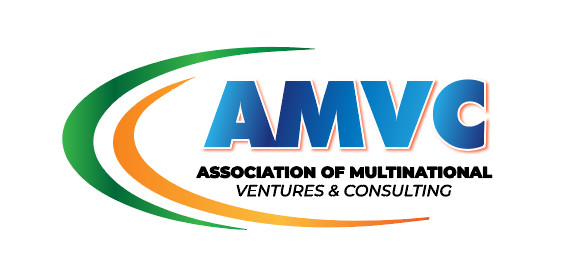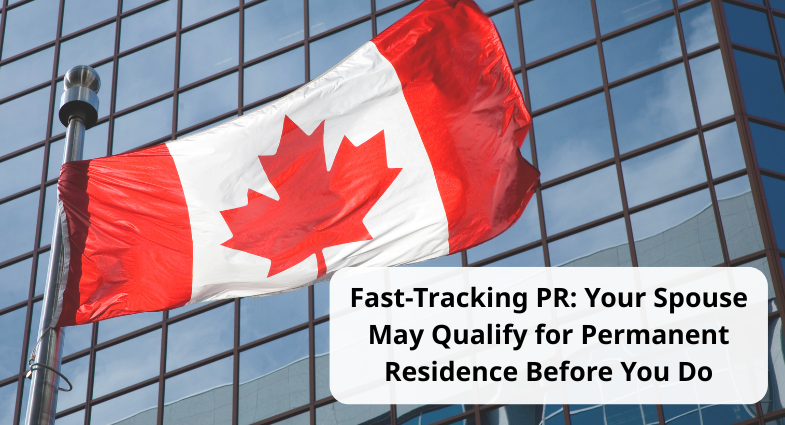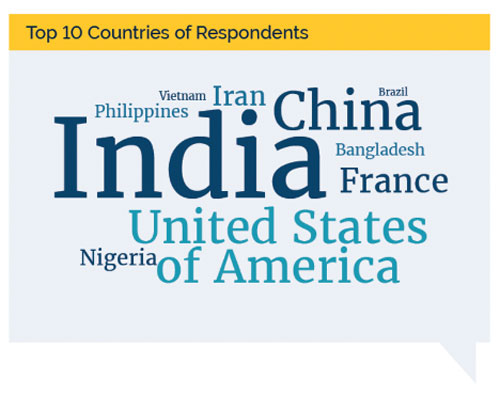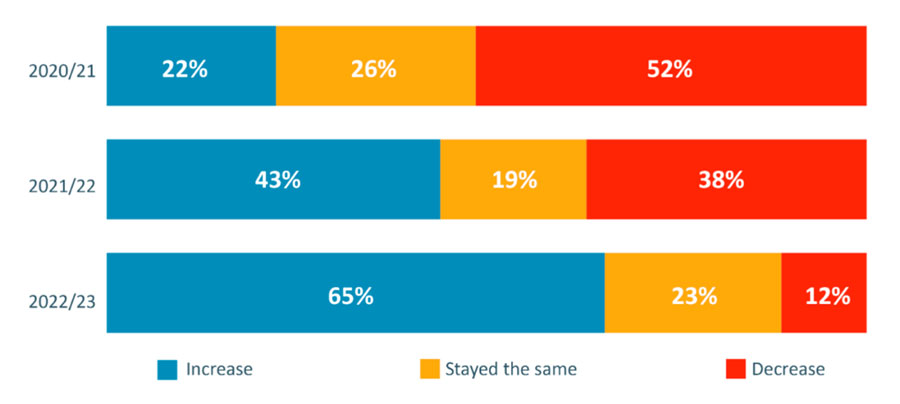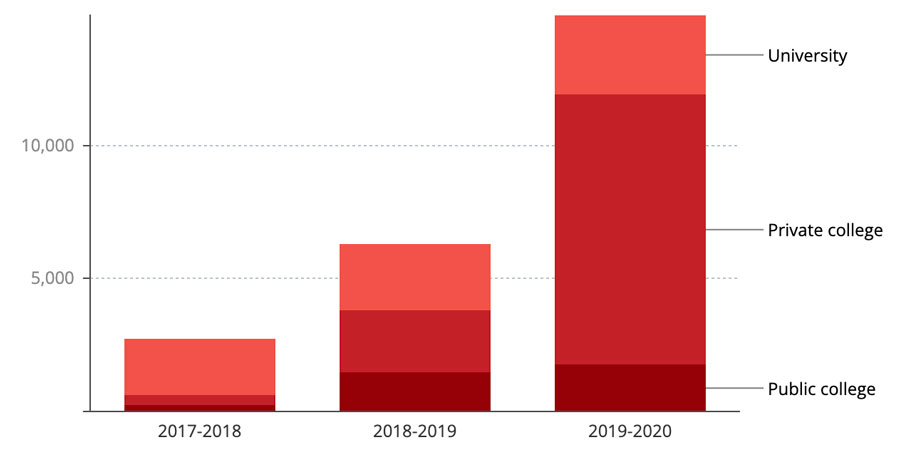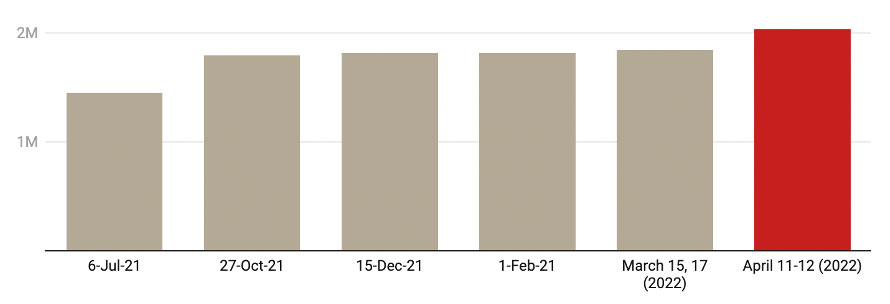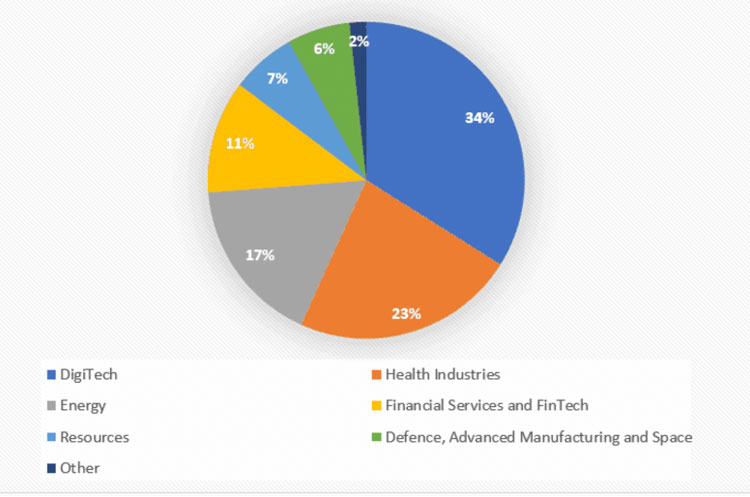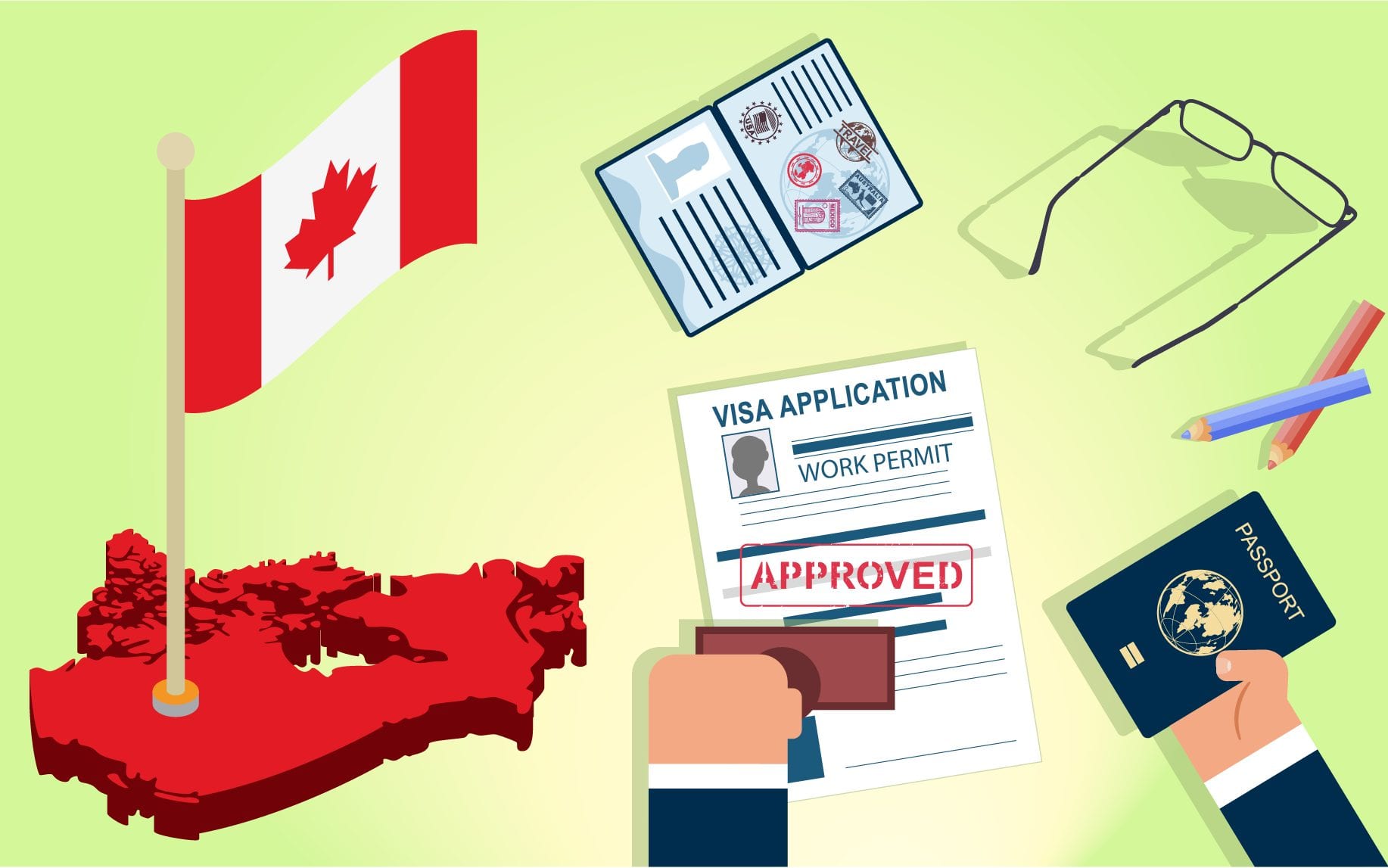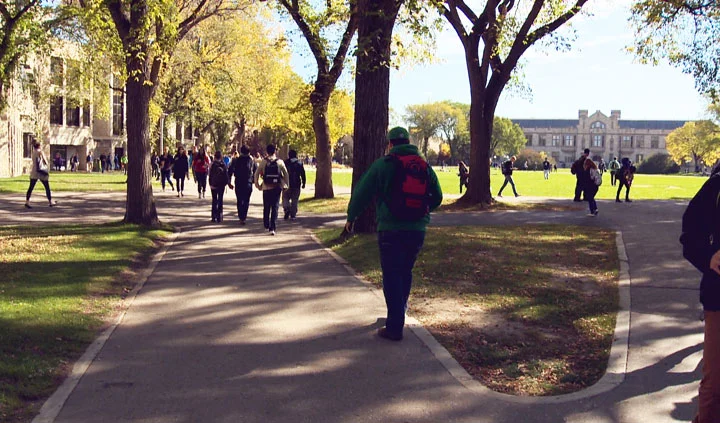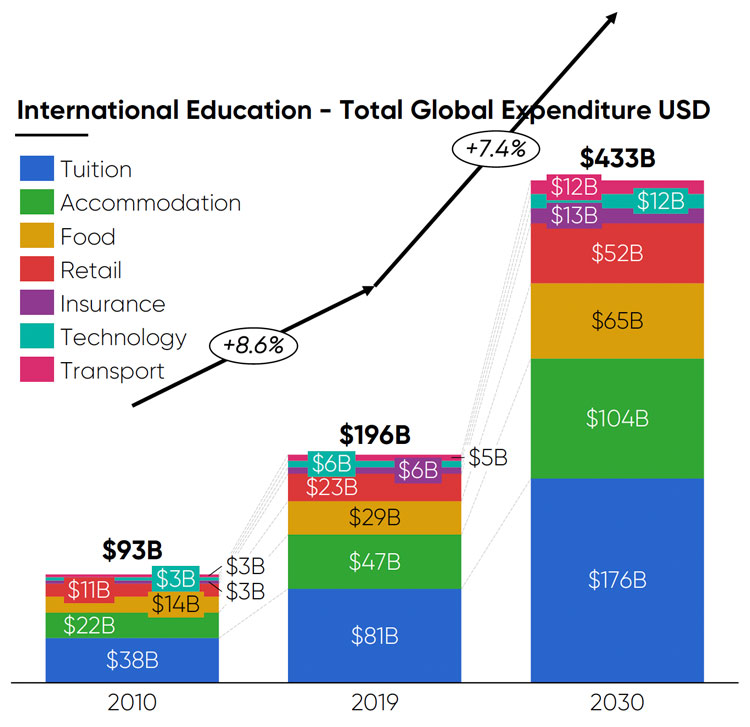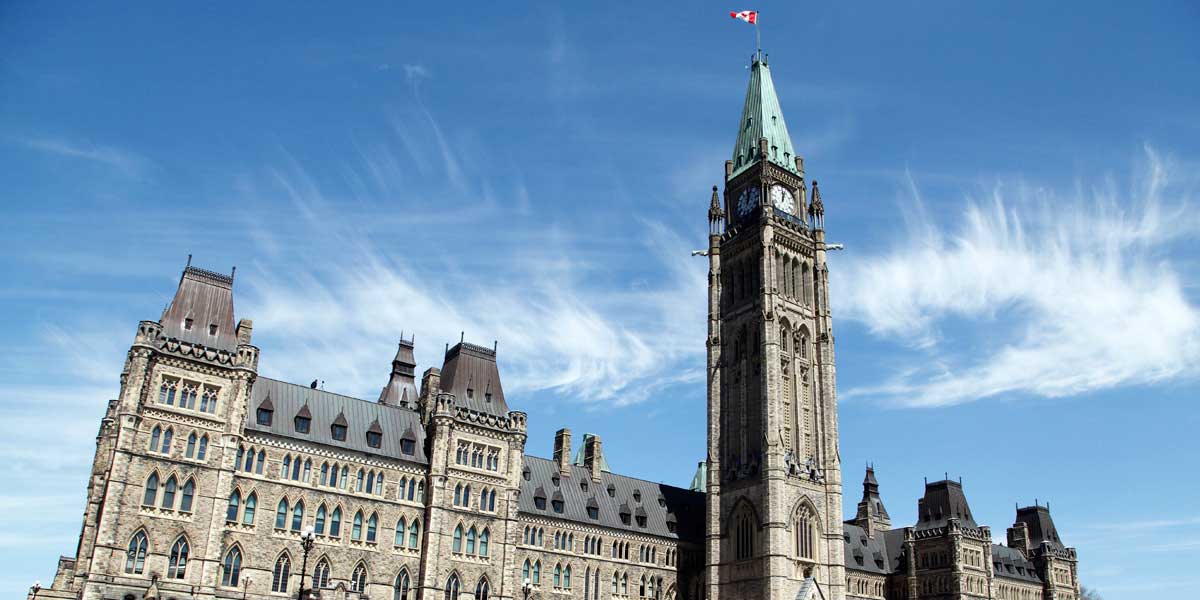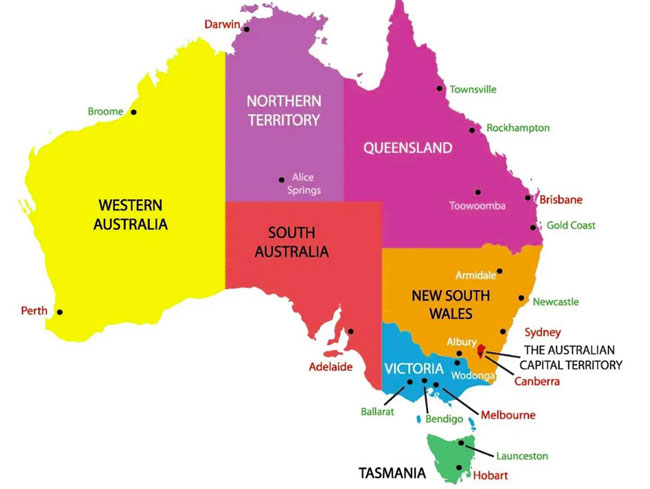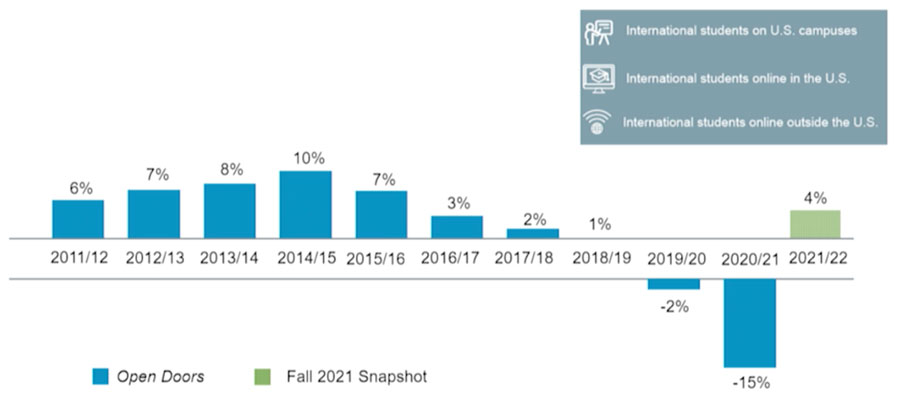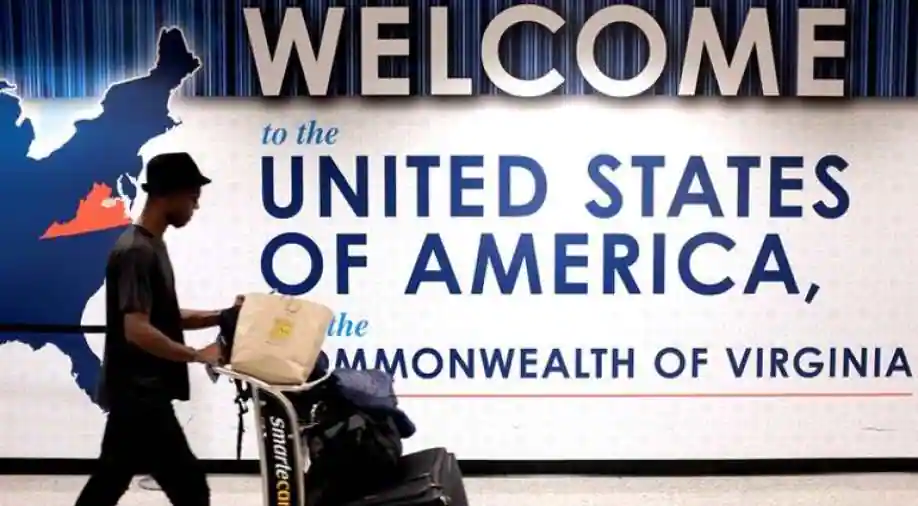The Canadian government has announced that it will extend the post-graduation work permit (PGWP) for some international students for an additional 18 months, as well as reopening an application route for permanent residence applications after clearing the majority of an application backlog caused by COVID travel restrictions.
Express Entry will reopen this summer
In early July, international students will once again be able to apply for permanent residence through Express Entry, which comprises immigration streams such as the Federal Skilled Worker Program, the Federal Skilled Trades Program, and the Canadian Experience Class. The government expects that “the vast majority of new applications will be processed within the 6-month service standard.”
The official press release reads as follows:
- Applicants will not be required to stay in Canada while their application is processed.
- Applicants who apply for an open work permit while their permanent residence application is being processed will be eligible to acquire work permits valid until the end of 2024. This will ensure that all permanent residency applications are completed before applicants are needed to seek temporary status extensions again.
- Immediate family members outside of Canada who were included in a principal applicant's permanent residence application will be eligible for their own open work visa to help with family reunification.
18-month PGWP extension for some
International students who have graduated from Canadian colleges and whose work permits expire between January and December 2022 will be eligible for a new 18-month open work permit this summer. The goal is to provide additional opportunities for those students to get work experience, which will improve their chances of qualifying for permanent residence. This is because work experience earned while on the PGWP is taken into account when students apply for Express Entry to immigrate to Canada.
The procedure for obtaining a student's extension will be outlined in the coming weeks.
The government says that roughly 95,000 post-graduation work permits expire between 31 January and 31 December 2022, and that while thousands of students with expiring work permits have already obtained permanent residence, thousands of others have not. They anticipate “as many as 50,000 applicants could benefit from this temporary measure.” Without the permit extension, those students would have had to leave the country.
The Honourable Sean Fraser, Minister of Immigration, Refugees and Citizenship, said in an official statement,
“With the economy growing faster than employers can hire new workers, Canada needs to look at every option so that we have the skills and labour needed to fuel our growth. Immigration will be crucial to easing our labour shortage, and these measures aim to address pressing needs in all sectors across the country, while providing more opportunities for recent graduates and other applicants to build their lives in Canada and continue contributing to our short-term recovery and long-term prosperity.”
Many people believe that more could be done
While many students will be relieved to learn that they would be able to stay in Canada longer after graduation to obtain job experience, others will be excluded from the extension. The work permits of thousands of recent international graduates expired between November 27, 2021, and January 31, 2022, according to Migrant Students United, a member of the Migrant Workers Alliance for Change, a Canadian advocacy group supporting migrant workers. These students will not be helped by the Canadian government's recent announcement.
Migrant Students United coordinator, Sarom Rho, said, “We need a permanently renewable post-graduate work permit, not a one-off programme, and the current announcement needs to include those left out.”
That sentiment was echoed in student comments online, including the following tweet from an international student whose permit expired and who is not eligible for the PGWP.
Though Canada is known for providing international students with a seamless transition from higher education to post-graduation work and immigration, others argue that there is still much more that can be done. Different types of job experience might be made to count on Express Entry applications, according to Saad Shoaib, vice chair of the UBC Alma Mater Society:
“Around 50% of international students work full-time or part-time. We see that international students are contributing to the economy, but we’re not seeing the federal government allow them to count their work experience while they’re in university.”
Mr Shoaib also suggested that the government allow international students to obtain Express Entry-valid experience through student employment programs such as Canada Summer Jobs and the Youth Employment and Skills Strategy, which are now only open to Canadian students.
“Ensuring that our international students are well-supported should be a key principle for our post-secondary education system here in Canada. Our main focus is to create a gold-standard post-secondary education system that attracts talent from across the world.”
The connection between the Express Entry backlog and missing immigration opportunities
There's also a link between the Canadian government's months-long suspension in the Express Entry immigration program and international students on the PGWP's chances of being able to use their work experience to stay in the country.
Elif Arat, a PGWP holder, spoke to New Canadian Media about her experience. Despite the fact that she was eligible for permanent residency on September 30, 2021, she did not receive an invitation to apply because the government had stopped doing Canada Express draws two weeks before. She is no longer eligible for a PGWP extension due to the expiration date of her permit:
“After seven months of silence when Mr. Fraser was to announce a new policy on 22 April 2022, about PGWP extension, we were so excited and couldn’t sleep, but unfortunately because our work permit expired in December 2021, we don’t qualify for an extension.”
Canada has a labor shortage
Given the country's severe labor shortages, immigration is a top concern for the Canadian government. In 2021, job openings hit near-record highs, with about 900,000 positions unfilled in January, according to the most recent statistics. A large number of those vacancies (119,600) were in the sector of healthcare, which is becoming increasingly popular among overseas students.
Source: ICEF
